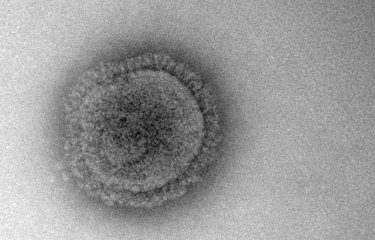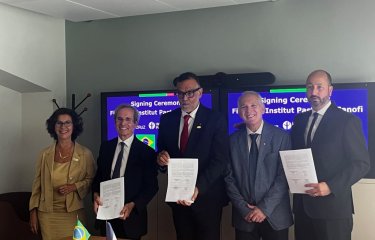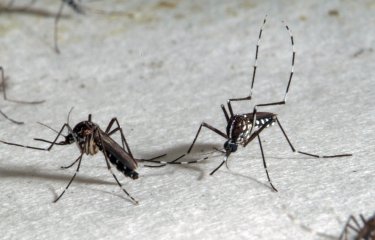A dengue outbreak has occurred since April 2017 in Côte d'Ivoire in Abidjan in the sanitary district of Cocody-Bingerville. The Institut Pasteur in Côte d'Ivoire confirmed the human cases but also analyzed by PCR the batches of mosquitoes caught in the city of Abidjan revealing the presence of dengue virus types 2 and 3. Facing this situation, the national health authorities have immediately taken actions to combat the epidemic, including the strengthening of epidemiological and biological surveillance, vector control and public awareness. The declaration of the epidemic was made to WHO on 06 May 2017.
Dengue, also known as dengue fever, is a viral disease transmitted to humans by mosquitoes of the genus Aedes. The incidence of dengue is currently increasing dramatically, and it is now one of the diseases said to be re-emerging. WHO estimates the annual number of cases to be 50 million, including 500,000 cases of dengue hemorrhagic fever, which has a case fatality rate of over 2.5%. Two and a half billion people live in risk areas. Although initially seen only in the world's tropical and sub-tropical regions, dengue has now reached Europe, where the first two indigenous cases were reported on the French mainland in 2010. As of 2014, the mosquito vector is found in 18 French departments, and there is a real risk that the disease may spread if patients infected with dengue arrive in mainland France (see our disease sheet about dengue).

“The Geopolitics of the Mosquito” - Go further with our experts!





